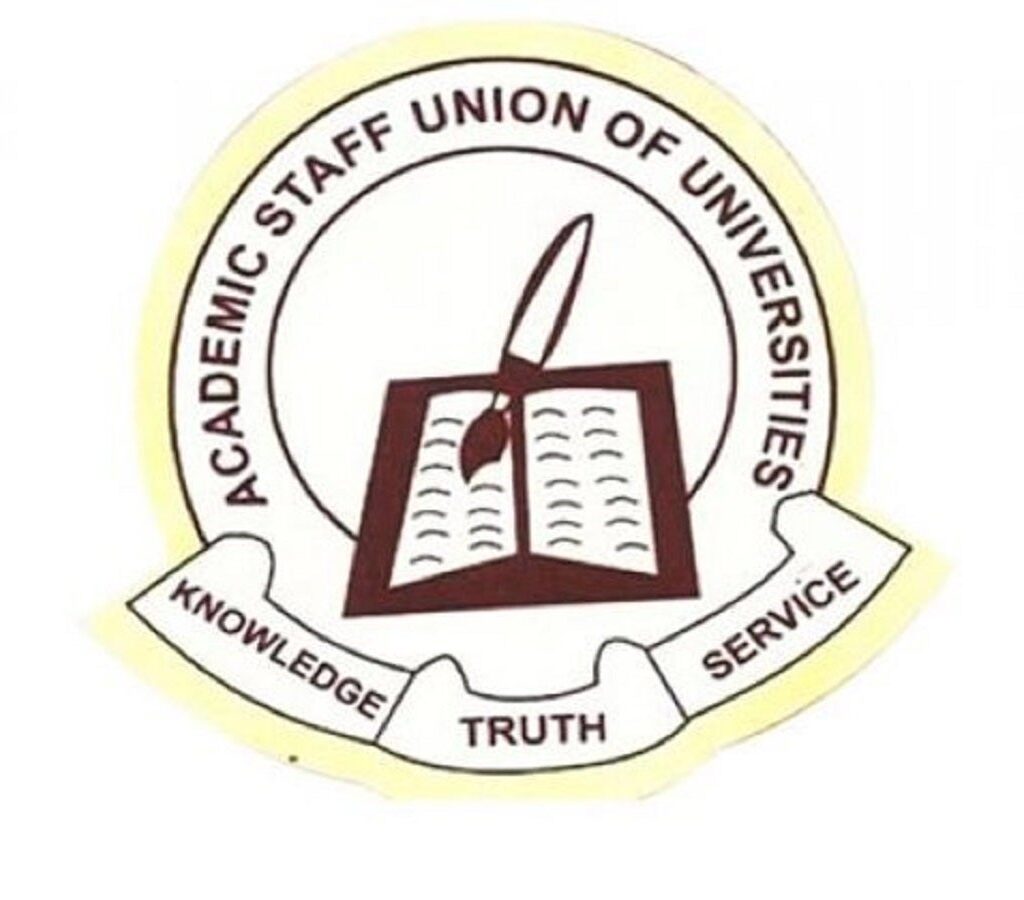
The Academic Staff Union of Universities (ASUU) has raised the alarm that frustration is forcing many lecturers in the country to relocate abroad.
The union noted that most departments and units in Nigeria’s public universities are short-staffed.
It added that this is due to the resignation of lecturers in search of greener pastures abroad.
ASUU said that poor and delayed salaries, unpaid allowances, poor infrastructure, a lack of respect for the academic community and dwindling hope are some of the factors responsible for the resignation of lecturers across the country in the past few months.
ASUU Chairman at the University of Ibadan, Professor Ayo Akinwole, made these declarations on Tuesday.
Akinwole, while speaking with journalists in Ibadan, added that Nigeria’s public universities are in very pitiable conditions.
He maintained that stress and frustration are visible in the faces of poorly-remunerated lecturers.
He added that, unless President Bola Ahmed Tinubu arrests the situation, Nigerian lecturers will continue to relocate abroad.
He spoke further by saying that it is unfortunate that the same government that is not funding education has a national assembly that is proposing to establish 32 more universities.
He said, “It is unfortunate that the same government that is not funding education has a national assembly proposing to establish 32 more universities.
“The union has received reports on how colleagues resign on a monthly basis because of the way lecturers are treated and poorly remunerated in Nigeria.
“Universities around the world are poaching more quality hands, and if not halted by the government, through intentional reviewing upward conditions of service, it will be difficult to “retain the best hands.
“Vice Chancellors cannot singlehandedly employ to replace staff as urgently as it is needed again. They have to contact Abuja for approval, which may take six months to a year, if not more, before they get approval.
“By this time, the best candidate has gone to a more serious country that respects quality. Sadly, people from higher up there, from the ministry of education to legislators themselves, want to dictate who the universities should employ.”


